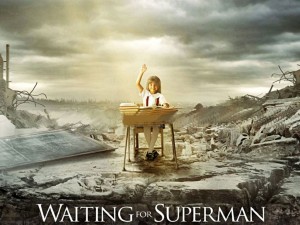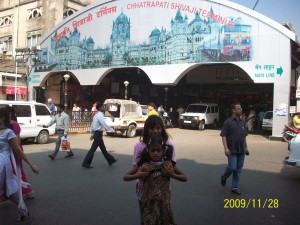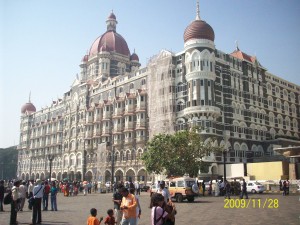After receiving generally positive feedback from my first foray into the political talk show world (about which I blogged earlier), I was invited today to participate in a discussion about the second debate that took place between President Obama and Mitt Romney earlier this week.
In addition, this time I had the opportunity to express my views about the political involvement of Indians inAmerica as well.
As before, if you have the time and the inclination, you could listen (link below) and share your comments (NOTE: My participation begins around the 75th minute – so once the audio starts playing, you can click on the bar at around the half way point and move it forward till it displays 75 to skip the first 75 minutes):
http://www.blogtalkradio.com/lonestarteaparty/2012/10/19/the-patriot-voice-episode-8


